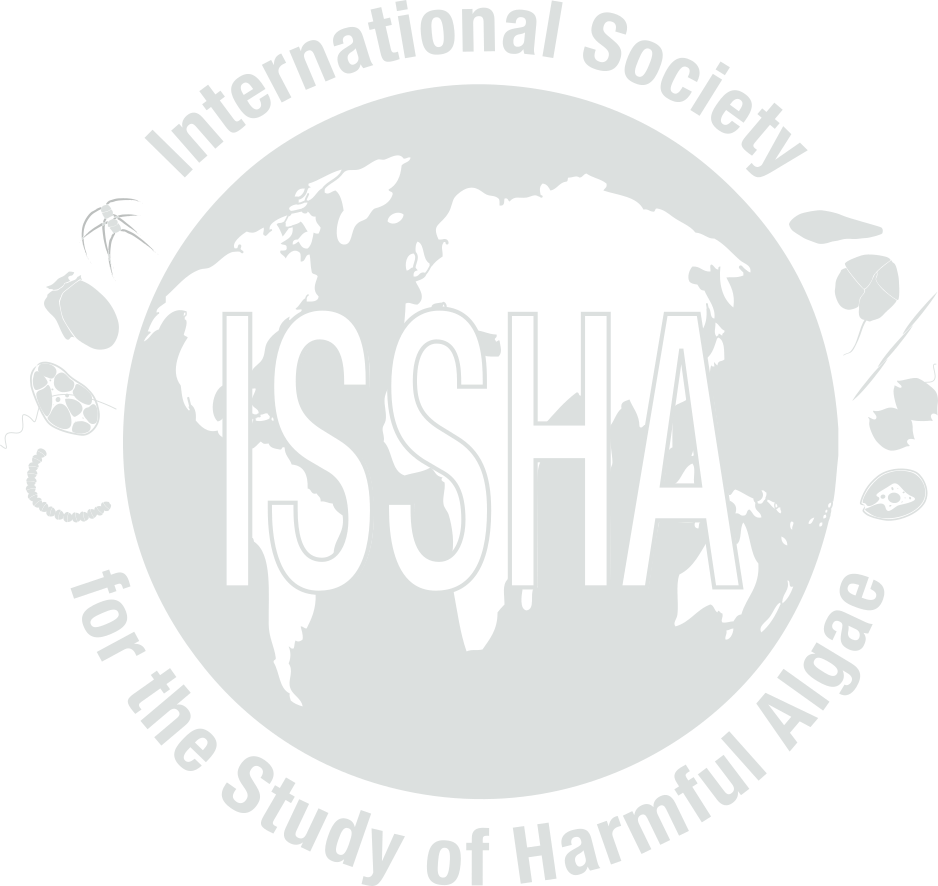|
Event name:
|
PT-93-003
|
|
Country:
|
PORTUGAL
|
Nature of the harmful event:
|
Seafood toxins
|
Event directly affected:
|
|
|
Toxicity detected:
|
Yes
(Approximate range: 1,185 µg STXeq / 100 g.)
|
|
Associated syndrome:
|
PSP
|
|
Unexplained toxicity:
|
No
|
|
Species implicated in toxin transmission (transvector):
|
|
|
Report the outcome of a monitoring programme:
|
Yes
|
|
Event occurred before in this location:
|
Yes
(Since 1986 and until 1990 Gymnodinium catenatum was responsible for PSP occurrences at the portuguese coast north from Roca cap. In 1991 the problem did not occur and in 1992 it appeared again but displaced from the usual area, now at the south coast of Lisbon and at the Algarve coast.)
|
|
Individuals to contact:
|
SAMPAYO, Mª Antonia
,
VILARINHO, Mª da Graça
|
|
Species containing the toxin
|
Toxin type
|
Toxin details
|
Max. concentration
|
Assay type
|
|
|
Kit used:
No
|
Type of kit used:
|
|
Additional information:
|
Accumulated in Callista chione, Ensis siliqua, Donax trunculus, Chamalea striatula and Venus verrucosa.
|
|
Economic losses:
|
|
|
Management decision:
|
Bivalve species with PSP values over 80 µg/100g closed to harvest.
|
|
Additional harmful effect information:
|
Most of the bivalve molluscs from these regions presented PSP toxins however some of them did not reach the 80 µg/100 g threshold.
- Setúbal coast: Ensis siliqua, Callista chione, Donax trunculus, Chamalea striata and Venus verrucosa.
|



